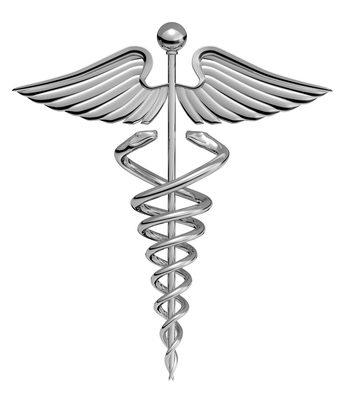Students who return to school to earn a graduate degree, such as a Master’s in Health Administration, are making the right career decision. Some may worry that their full-time course load and absence from the workforce will negatively impact their future marketability. Below introduces some academic activities that will help resumes up-to-date, engaging and competitive.
Action Orientated Content
Many resumes are boring and ineffective because they are simply cluttered lists of work, skills and school information. Instead of treating a resume like a bland report, focus on transforming all relevant information into concise statements of measurable action. This means that students should succinctly describe what they have accomplished and what skills and knowledge that gained that will set them apart from the crowd. It’s best to customize resumes to fit specific industries. This means that students should demonstrate how their work experience directly applies to their future field.
Related resource: Top 10 Online Health Administration Degree Programs – Bachelor’s
Highlight Unique and Interesting Classes
Students with limited employment experience can highlight special classes that will help them succeed in their careers. Choosing specialty courses will set students apart from other job seekers. For instance, a medical students who wants to work in the field of mental health should take challenging classes in psychology specializations like psychopharmacology. While these classes can also be fun to take, they give employers the impression that the student is serious about their field and education. The best types of courses to take are those that involve innovative practices, concepts and technologies.
Academic Projects
Many college classes have limited time and resources for projects outside of lectures and assignments. Consider completing an off-campus project related to your major. This will demonstrate to employers that you are creative trend setter who is motivated to maximize your potential. To illustrate, a business major may work with a local company to run a promotional event, participate in sales training or manage the social media website. A student in a Master’s in Health Administration program could volunteer at a local community clinic and work for a public awareness campaign. Extracurricular projects are an excellent way to network, learn new skills and demonstrate employability.
Consider Creating a Professional Blog
Many amateur blogs are simply entertaining expressions of individuality that have nothing to do with academics, careers and professionalism. A great way for students to make themselves appear competent and proactive is to establish a professional online presence. Keep in mind that many business professionals specifically use a blog because it adds credibility and authority. For example, a designer could start a fashion blog with tips, a computer programmer could provide instructional articles and a medical student could collect and share groundbreaking research. A blog’s overview and URL on a digital resume is a great way to catch a recruiter’s eye. Here are additional benefits of blogging.
Awards, Articles and Scholarships
Those who are pure academics with no work experience can publish just one or two professional articles every month. At the end of school, they will have established their credibility, gained recognition and perhaps even won an award. This is best for students whose majors involve conducting research, writing papers, editing essays and producing projects. These students can simply submit their work to online magazines, professional competitions and peer-reviewed journals.
Students who are earning a graduate degree that comes with intense job competition, such as a Master’s in Education or a Master’s in Health Administration, should assume leadership roles in student clubs, sororities, organizations and community groups. This is a great opportunity to professionally grow while meeting people and learning new skills.
